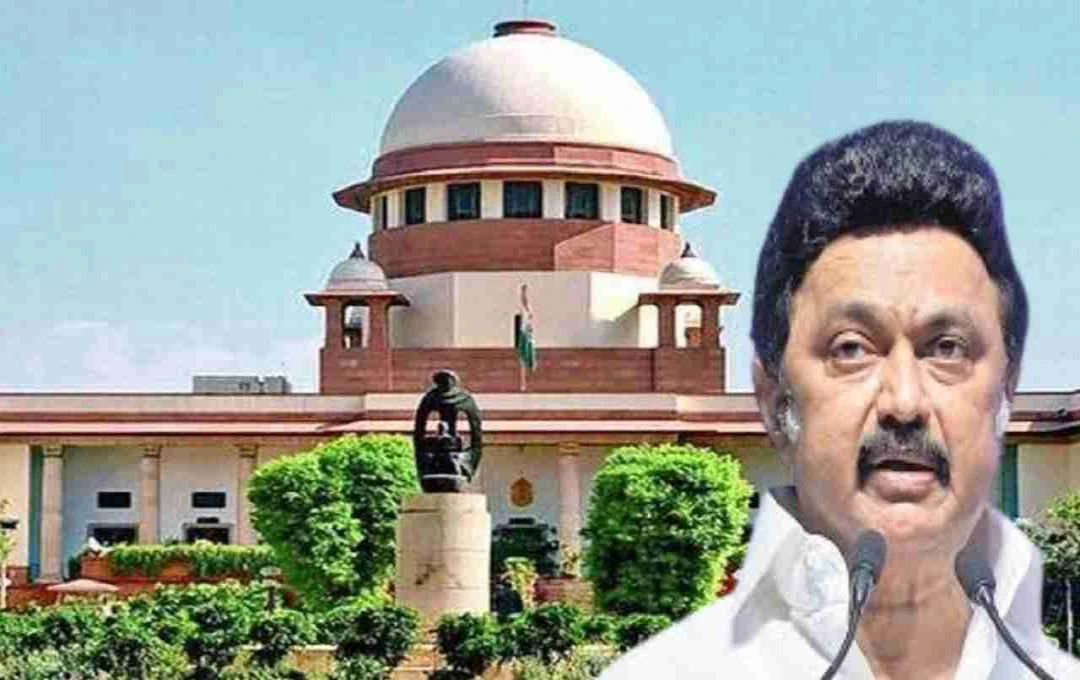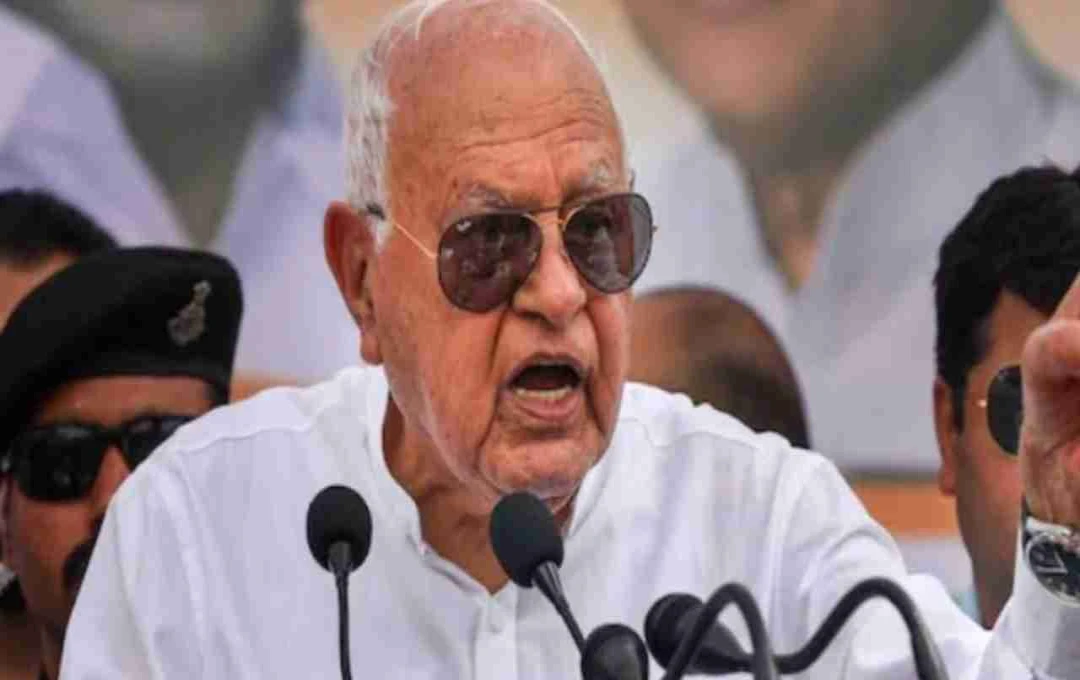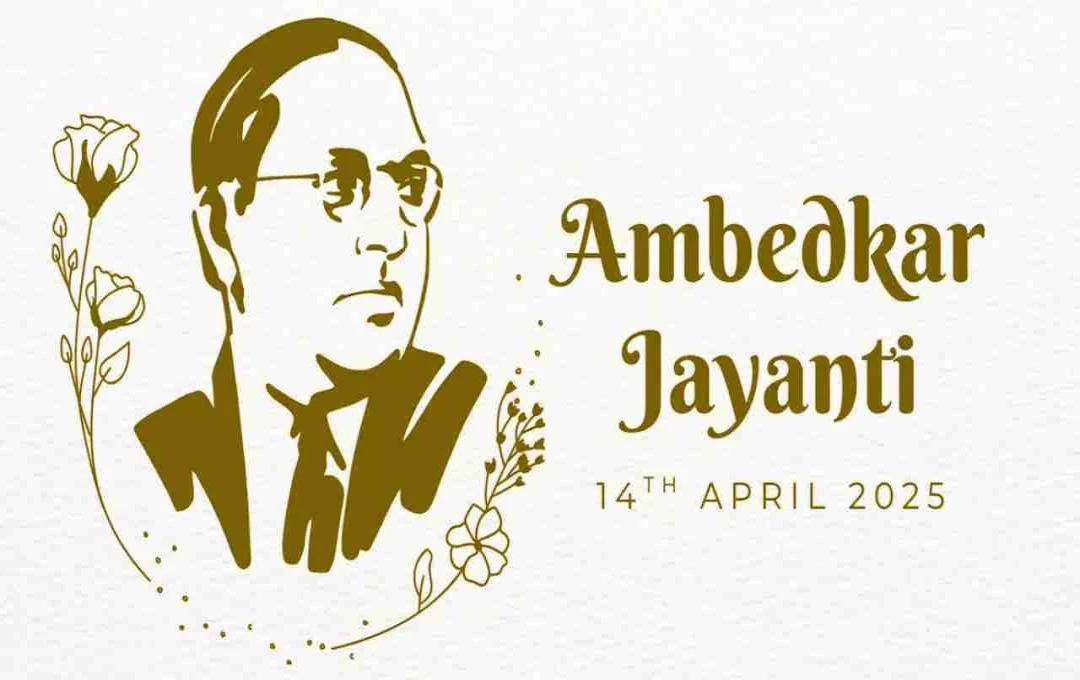Supreme Court Declares Tamil Nadu Governor's Blocking of 10 Bills Illegal; Stalin Calls it a Victory for States' Autonomy and the Constitution
Tamil Nadu: A significant development has unfolded in the ongoing constitutional conflict between the Tamil Nadu state government and the Governor. On Monday, the Supreme Court deemed Governor R.N. Ravi's refusal to approve 10 crucial Bills passed by the state assembly as "unconstitutional" and "arbitrary." This decision is considered a major victory for the ruling DMK government in Tamil Nadu.
SC States – Rejecting Bills Not Within Governor's Authority

The apex court clarified that the Governor's powers under Article 200 of the Constitution are limited. If a bill is passed again by the state assembly, the Governor is obligated to grant assent. The court stated that indefinitely withholding bills is "against the spirit of federalism."
Bill Approval Date Stipulated
The court ordered that all 10 bills be deemed approved from the date they were resubmitted to the Governor. Furthermore, the court directed that Governors must adhere to their constitutional responsibilities with transparency and within specified timelines.
CM Stalin's Reaction: A Triumph for Democracy
Tamil Nadu Chief Minister M.K. Stalin welcomed the decision, stating,

"This is a victory not just for Tamil Nadu, but for the rights of states across the country. The DMK will always fight for the autonomy of states and the federal structure."
What Do the Constitutional Provisions Say?
Article 200 provides the Governor with three options—to assent to a bill, to withhold assent, or to reserve it for the President. However, if the state assembly passes a bill a second time, the Governor is bound to give assent. This acts as a check on the Governor's autonomy to prevent obstruction of democratically elected governments' decisions.
SC Sets Timelines
The court emphasized that the Governor's role is subject to judicial review and stated that if a Governor fails to take a decision within a month, their conduct can be reviewed.













